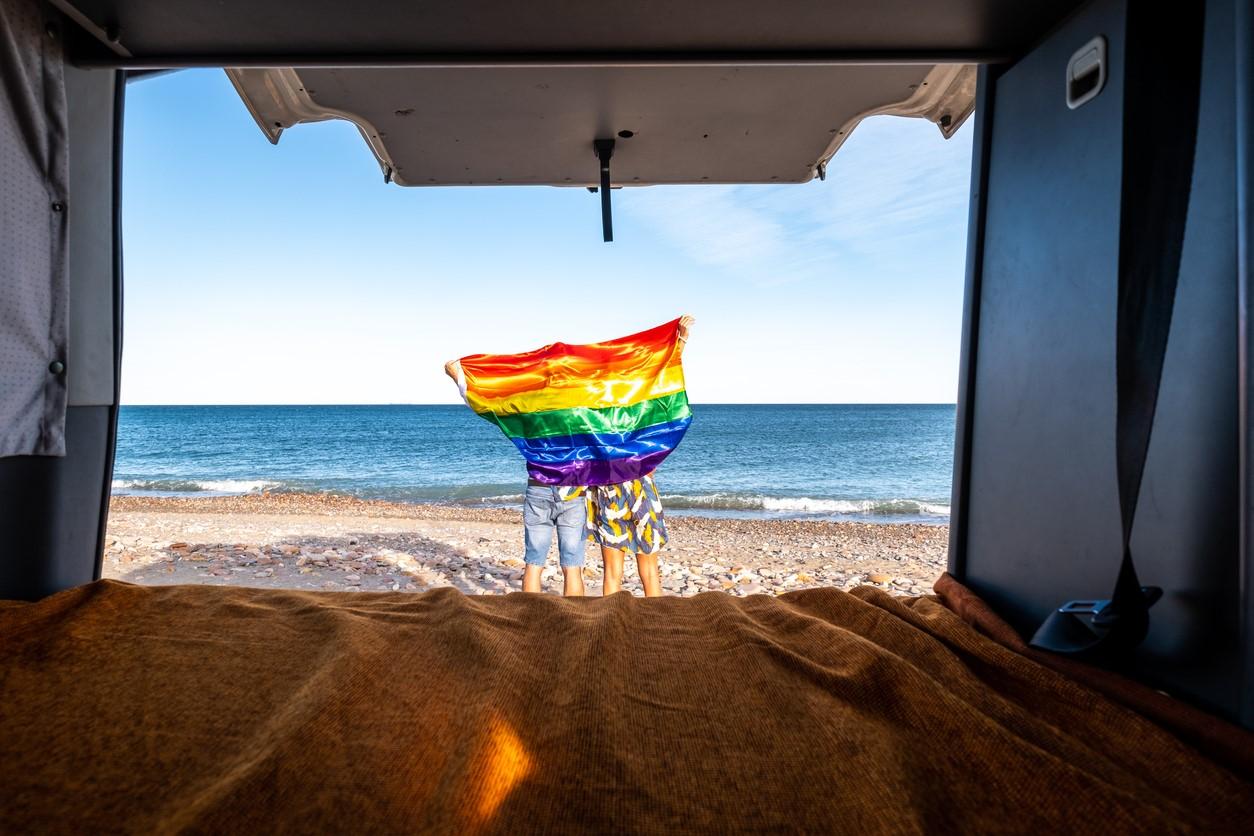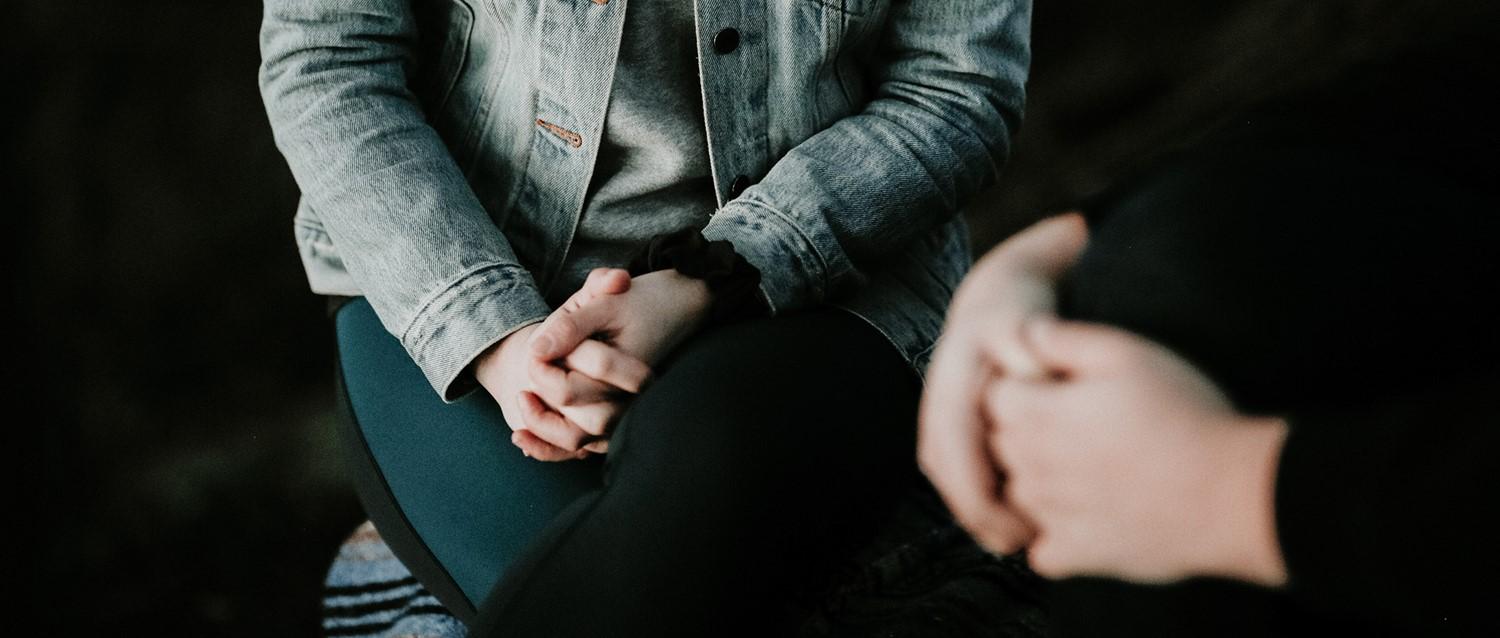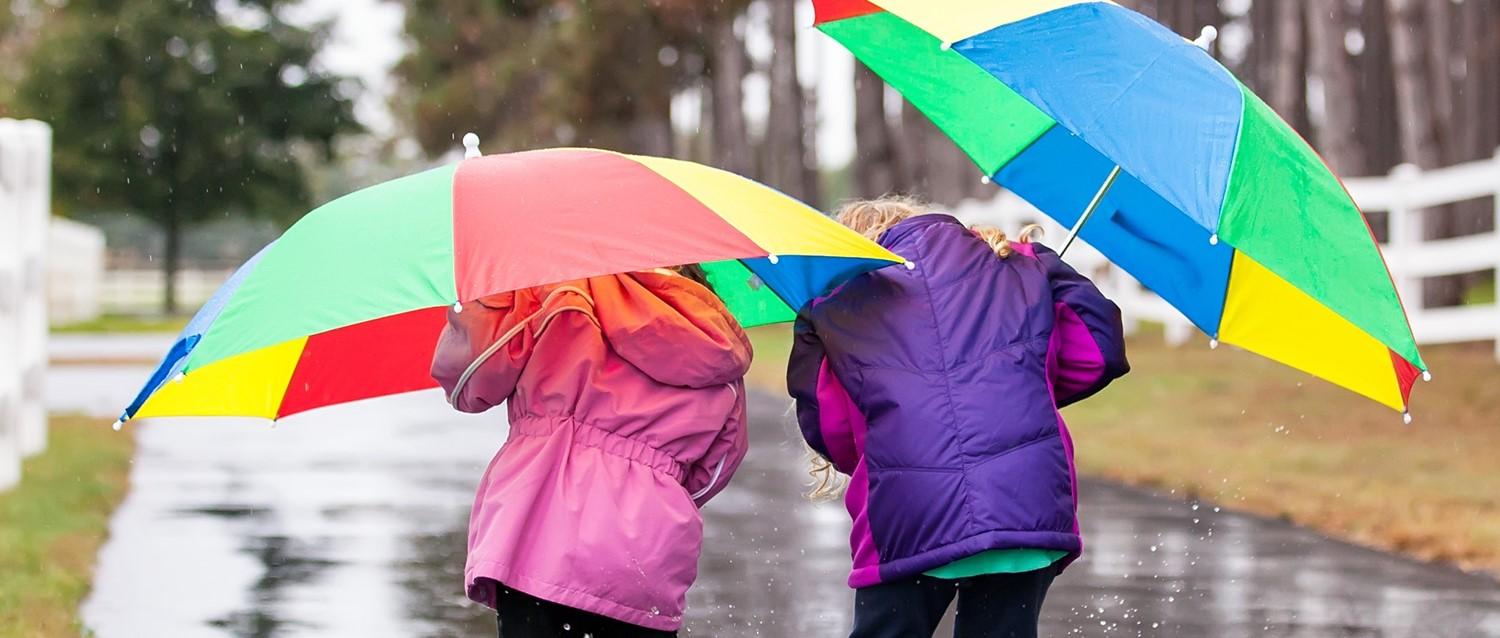
LGBTQ+ travel: how to stay safe
Peer reviewed by Dr Krishna Vakharia, MRCGPLast updated by Amberley DavisLast updated 3 Jun 2024
Meets Patient’s editorial guidelines
- DownloadDownload
- Share
- Language
- Discussion
Whether you're choosing your next holiday destination, planning a backpacking route, or attending Pride abroad this summer, being healthy, having fun and staying safe are top of the agenda.
With help from LQBTQ+ advocate, YouTuber, and author Calum McSwiggan, we've assembled LGBTQ+ travel tips to help you protect yourself from harm in countries where discrimination persists.
In this article:
Continue reading below
LGBTQ+ travel
Everyone deserves to explore the world and feel safe along the way, but while many countries welcome people of all identities with open arms, 70 still criminalise same-sex relationships and 15 criminalise diverse gender expression and identity1.
With research and preparation, you can make travel decisions that help you to stay healthy and to feel comfortable and safe being who you are - so you can explore, relax, and party as desired.
Looking after your health
No one wants health issues on holiday. From first aid kit essentials to festival abroad safety, being prepared and proactive could be the difference between a temporary blip and a ruined trip.
If there's a chance you might have sex with a stranger, condoms prevent the spread of STIs. Some people take pre-exposure prophylaxis (PrEP) medication - available in UK sexual health clinics - as a preventative measure against HIV if they're in a high-risk group. Check whether you can take PrEP into the country you're visiting tht.org.uk.
In some places - typically larger cities - you can also take post-exposure prophylaxis (PEP) if you're worried you've been exposed to HIV. This needs to be taken within 72 hours after exposure, so it's worth knowing if your destination has this treatment.
Continue reading below
1. Choosing your destination
This starts with deciding where to go, and understanding if there are laws, attitudes, or customs that put you at risk. These maps show the parts of the world that criminalise and discriminate against the LGBTQ+ community:
While these maps cover a range of legal restrictions and recognitions, other resources can help you get a fuller picture - including cultural attitudes and regional differences. Calum McSwiggan, content creator and author of travel memoir Eat, Gay, Love draws on his own experience:
"I've always found that the best resource for understanding where is and isn't safe is to talk to fellow queer travellers. Failing that, there are countless incredible LGBTQ+ travel blogs out there which break down the most and least safe destinations. I highly recommend 27 Travels or The Globe Trotter Guys as great places to start."
LGBTQ+ safe countries
In May 2024, the Gay Travel Index revealed the 10 safest countries for people in the LGBTQ+ community to travel or live. The criteria included anti-discrimination laws, transgender rights, oppressive religious influence, prosecution, the death penalty, and how enforced discriminatory laws are.
The 10 most LGBTQ+ countries worldwide2:
In a five-way tie for first place are:
Canada
Malta
New Zealand
Portugal
Spain
Followed closely by:
Australia
Switzerland
Denmark
Germany
Iceland
7 out of 10 of these countries are in Europe, but that's not to say that travelling beyond Europe is unsafe. There are different country ranking lists that vary based on the research criteria. For example, Asher Fergusson ranks countries for things like adoption recognition, trans murder rates, and morality laws. Their data also includes the most unsafe places to travel.
2. Researching a country's LGBTQ+ laws
Many travellers choose to visit countries with anti-LGBTQ+ laws. Before you travel, make sure you know what is illegal and what isn't. Human Rights Watch have a helpful guide.
The two main types of anti-LQBTQ+ laws:
Laws that make same-sex relationships and activities illegal.
Laws that criminalise forms of sexual orientation or gender identity.
Things to remember:
Local research is also key - how these laws are applied can also vary significantly, depending on the region, city, or town you're visiting within that country.
Discrimination can still exist in places with no anti-LGBTQ+ laws - so research cultural attitudes as well.
In some places, authorities use laws relating to 'public morals' or 'public nuisance' to criminalise LGBTQ+ people.
The punishment for breaking the law can vary greatly depending on the destination - you could be fined, arrested, sentenced, or in a small number of countries - given the death penalty.
Trans, intersex, or non-binary travellers
In some countries, trans, intersex, or non-binary people aren't recognised - and so no specific laws criminalise them. However, keep in mind that destinations with laws against same-sex relations often use these laws to outlaw gender identities. Some countries will also use laws that target cross-dressing to discriminate against gender identity and expression.
Continue reading below
3. Understanding that laws and local attitudes don't always match
Although researching a country's LGBT+ laws is a great place to start when trying to understand how safe a destination is, this isn't always enough as local attitudes don't always line up with a country's laws. Calum explains:
"Countries that have only recently decriminalised homosexuality, for example, may still have a lot of prejudice as a result. The opposite can also be true - there are many countries in the world that have laws that criminalise LGBTQ+ identities, but local attitudes may be more accepting.
"I've experienced homophobia in both Slovenia and Romania despite both countries having a positive LGBTQ+ track record, while being welcomed as a queer traveller in places like Indonesia and Morocco, which don't."
Calum also points out that attitudes can shift depending where in the country you are. "Malaysia is a great example of this - it's a country where homosexuality and cross-dressing are both considered criminal, and yet if you visit the capital city of Kuala Lumpur, you'll find gay bars with drag artists performing every weekend. However, venture out into the countryside, and attitudes may remain more conservative."
To find out about local attitudes you could:
Research LGBTQ+ groups’ websites that are local to your destination.
Check online forums, blogs, and media that cover issues for LGBTQ+ travellers.
Buy a regional guidebook specialising in LGBTQ+ travellers' advice.
4. Knowing your legal protections
It's possible that you may not have access to certain rights and services during your trip. To protect your health and wellbeing, it's important to find out:
If a hospital will treat you - some healthcare institutions may also deny same-sex partners visitation or next-of-kin rights.
Whether the police will protect you - homophobia and transphobia in the police force could mean that they dismiss hate crimes against you or discriminate themselves.
If your travel insurance will cover you - if you're undergoing trans medical treatment, most standard insurance policies won't cover you if treatment goes wrong.
If you're a UK resident in need of help because you've been mistreated by authorities overseas, contact the local British embassy, high commission, or consulate.
5. Choosing LGBTQ+ inclusive hotels
Another way to travel safe is to stay with hotels that have a commitment to providing a safe and welcoming space to their LGBTQ+ guests.
"The Four Seasons and Hilton are both great examples of hotel chains that have a commitment to queer inclusion," says Calum. "Booking.com also has listings of hotels that have been 'Proud Certified' as LGBTQ+ inclusive destinations."
6. Making safe social choices
Holidays are about enjoying yourself and experiencing new things, but in some countries it's worth considering how comfortable you are being yourself, and whether you'd like to take certain precautions around people you don't know. For example, you may want to decide:
How comfortable you are in public with a partner - if locals aren't known to be tolerant, you could become the victim of verbal or physical violence.
Whether you feel safe in your clothing - in the context of the culture you are visiting, if it discloses your sexuality or identity.
If you use LGBTQ+ themed apps that authorities might monitor - in countries where LGBTQ+ people are persecuted, authorities sometimes create fake online profiles to entrap you.
Whether you are cyber secure - if your public-facing content discloses your sexuality or gender this content may have legal implications or affect your safety in your destination.
Where the safest places are for social activities - whether its hotels, beaches, or nightclubs, research LGBTQ+ travel blogs.
Your approach to new friendships - especially those you make online or through dating apps.
If you find yourself in a scary situation with someone who means you harm, local LGBTQ+ inclusive charities, organisations, or travel agents may be able to offer immediate help and protection.
Helpful organisations for LGBTQ+ travel
International Gay and Lesbian Travel Association - general travel advice.
Gay European Tourism Association - travel advice for European travel.
Further reading
Patient picks for Gender identity

Healthy living
Should you 'come out' to your doctor?
For LGBTQ+ people there can be an extra worry when going to see their GP, a sexual health clinic or another healthcare practitioner: should I tell them about my sexuality or gender identity?
by Milly Evans

Healthy living
How to support your transgender child
"Some years ago, at a young age, our daughter Sophie* first told us they were a girl. This was quite a shock at the time, as we'd thought they were born male. It turned out we were mistaken," says Joe*, who tweets as @DadTrans and blogs at Growing Up Transgender with his partner @FierceMum.
by Sarah Graham
Continue reading below
Article history
The information on this page is peer reviewed by qualified clinicians.
Next review due: 16 May 2027
3 Jun 2024 | Latest version
21 Jul 2023 | Originally published
Authored by:
Amberley Davis

Ask, share, connect.
Browse discussions, ask questions, and share experiences across hundreds of health topics.

Feeling unwell?
Assess your symptoms online for free
Sign up to the Patient newsletter
Your weekly dose of clear, trustworthy health advice - written to help you feel informed, confident and in control.
By subscribing you accept our Privacy Policy. You can unsubscribe at any time. We never sell your data.